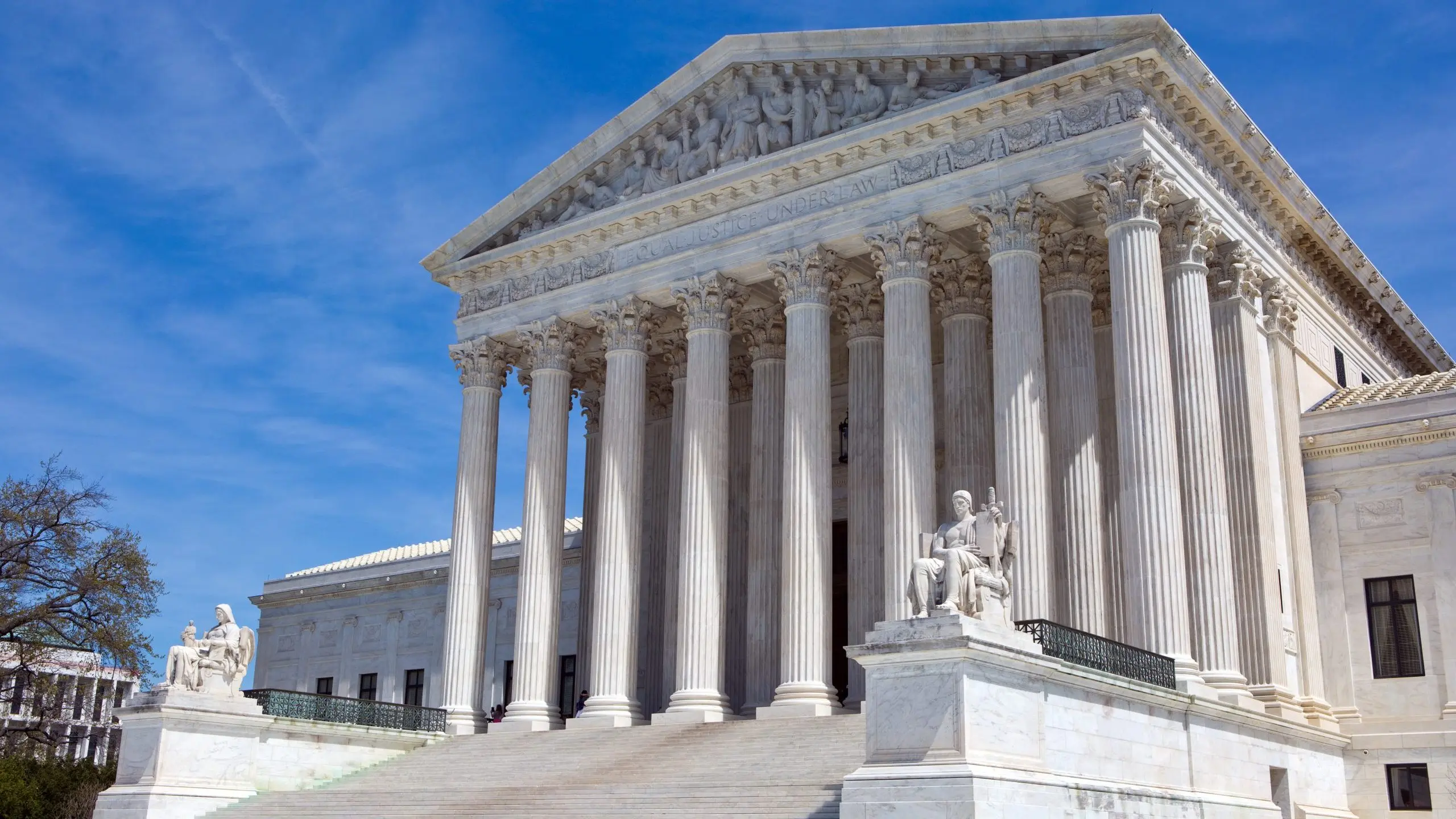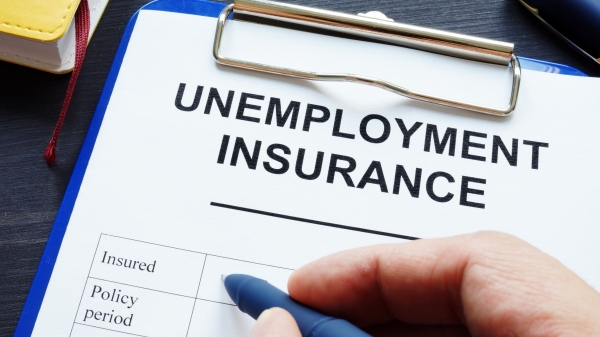|
Getting your Trinity Audio player ready...
|
On Friday, the U.S. Supreme Court ruled in a 5-4 decision on Williams et al. v. Reed that the Alabama Supreme Court had wrongly denied 21 petitioners their right to sue over delays in receiving unemployment benefits during the pandemic.
During oral arguments in October, the petitioners’ lawyer characterized the state Supreme Court’s original ruling as a “Kafkaesque conclusion that Petitioners could not challenge their inability to exhaust precisely because of their inability to exhaust,” an argument that the majority echoed in their opinion. Written by conservative justice and Trump appointee, Brett Kavanaugh, the majority opinion was also joined by liberal justices, Sonia Sotomayor, Elena Kagan, and Ketanji Brown Jackson and Chief Justice John Roberts.
Williams et al. v. Reed hinges on what the proper interpretation of 42 U. S. C. §1983 is. First passed in 1979, the clause allows people to sue over the “deprivation of any rights, privileges, or immunities secured by the Constitution and laws” of the United States.
In the Supreme Court of Alabama’s 2023 ruling, the majority of justices “agree[d] with Secretary Washington that the Legislature has prohibited courts from exercising jurisdiction over the plaintiffs’ claims at this stage.” Because it was concluded they lacked jurisdiction, they “end[ed] our inquiry there.”
The state Supreme Court’s opinion rested on the Alabama law governing unemployment insurance in the state which established an appeals system for handling questions about benefit claims, and also declared that those procedures “shall be exclusive.” In the view of most of the justices on the Supreme Court of Alabama, this clause prohibits Alabama courts from considering even petitions for redress under federal laws, like the ones at issue in Williams et al. v. Reed.
Associate justice Gregory Cook dissented, pointing to the 1982 Supreme Court decision Patsy v. Board of Regents which found plaintiffs seeking redress under §1983 could not be required to exhaust all administrative remedies first. The majority also considered Patsy but wrote that the ruling “certainly did not hold that State laws requiring administrative exhaustion as a prerequisite to State-court jurisdiction are unconstitutional.”
The plaintiffs’ brief before the Supreme Court referenced the U.S. Supreme Court’s previous ruling on Patsy v. Board of Regents as well, stating that “the Supreme Court of Alabama defied Patsy and dismissed petitioners’ §1983 claims for failure to exhaust state administrative remedies.”
“The contrary decision of the Supreme Court of Alabama cannot be squared with this Court’s clear precedent and must be reversed,” the plaintiffs’ lawyers argued.
A June 2024 brief filed on behalf of then-Alabama Secretary of Labor Fitzgerald Washington claimed that “the unemployment benefits system does not hinder §1983’s clear purpose; rather, it facilitates prompt adjudications of claims before administrative adjudicators and then (if needed) before state courts.”
Although on Friday, the five justice majority found that the Supreme Court’s past rulings and the text of §1983 require the Alabama judiciary to consider claims even when all administrative remedies have not been exhausted and stated that otherwise many claimants would be left without any chance of receiving relief.
“In essence, Alabama has said that to challenge delays in the administrative process under §1983, you first have to exhaust the administrative process. Of course, that means that you can never challenge delays in the administrative process,” the majority opinion explains. “That catch-22 prevents the claimants here from obtaining a merits resolution of their §1983 claims in state court and in effect immunizes state officials from those kinds of §1983 suits for injunctive relief.”
The dissenting opinion, penned by conservative hardliner Clarence Thomas, focuses on states’ rights. Thomas writes that “our precedents emphasize that state authority predominates.” He continues by claiming that the Supreme Court has “no authority to interfere with Alabama’s choice” to require people to exhaust administrative options before filing suit.
As a result of Friday’s ruling, Williams et al. v. Reed will be remanded for “further proceedings not inconsistent with this opinion.”




















































